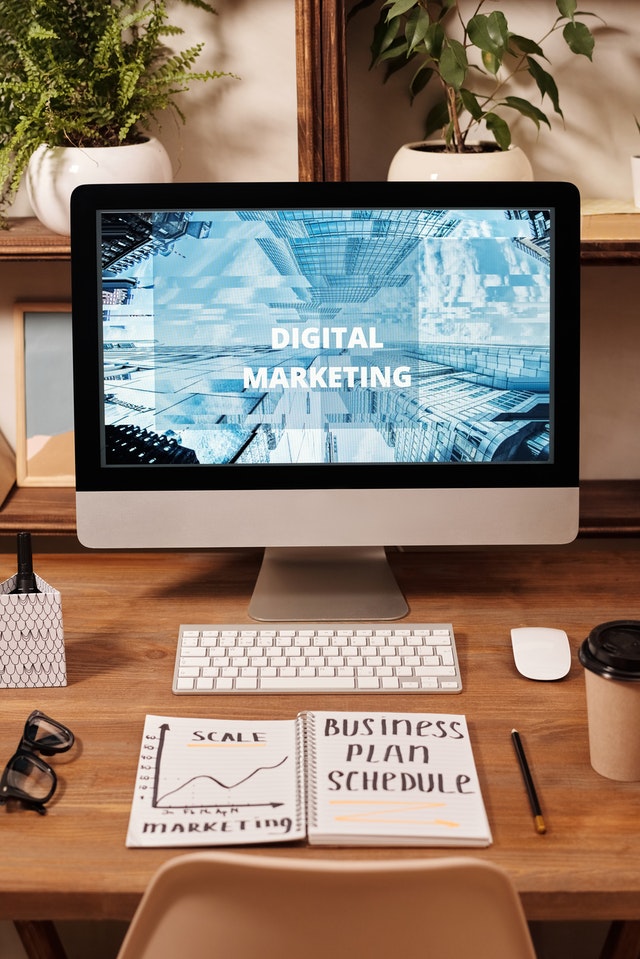Your competitor’s website just hit page one of Google for your target keyword. You’re stuck on page three, spending hours tweaking meta tags and content. The problem? Manual SEO is slow, and algorithms change faster than you can adapt. Every delay costs you traffic, leads, and revenue. The solution? AI tools promise to automate keyword research, content optimization, and rank tracking. But do they deliver? Let’s cut through the hype and reveal when AI works—and when it backfires.
AI vs. Manual SEO: Can Machines Outperform Humans?
AI tools analyze data faster than humans, but SEO isn’t just numbers.
What AI Tools Do Well
- Keyword Research Automation: Tools like Ahrefs scan millions of queries in seconds.
- Content Optimization: AI suggests headings and readability fixes (e.g., Clearscope).
- Rank Tracking: Monitor positions across regions automatically.
Limitation: AI struggles with creativity. For example, it might miss nuanced keywords like “best yoga mats for sciatica relief,” which require human insight.
Stat: Sites fixing technical SEO issues see a 35% boost in crawlability (how easily search engines scan your site) (Moz, 2023).
3 Ways AI SEO Tools Save Time (and Money)
Eliminate Guesswork in Keyword Targeting
AI identifies gaps in your strategy.
Example: Nomadic Matt’s travel blog doubled its organic traffic using SEMrush’s AI to target low-competition keywords like “solo female travel safety tips” (SEMrush Case Study, 2023).
Optimize Content for Search Intent
AI tools like MarketMuse analyze top-ranking pages to align content with user intent.
Case Study: An e-commerce site increased conversions by 20% by restructuring product pages to match AI-driven insights (MarketMuse, 2022).
Fix Technical Errors Faster
AI crawlers detect broken links and slow pages instantly.
Stat: Grammarly’s AI + human editors reduce content errors by 60% (Grammarly, 2022).
The Hidden Costs of Over-Reliance on AI
Generic Content That Fails to Engage
AI-generated content often lacks brand voice.
Example: HubSpot reported a 30% higher engagement rate for human-edited blogs vs. AI drafts (HubSpot, 2023).
Misinterpretation of Search Intent
AI may prioritize irrelevant keywords.
Red Flag: If you sell luxury footwear, AI might suggest “cheap shoes”—a mismatch for your audience.
Subscription Fees Add Up Quickly
Advanced tools cost 100–500/month. For small businesses, ROI may lag.
Stat: Only 45% of small businesses recover AI tool costs within 6 months (Forbes, 2023).
When to Use AI Tools for SEO (and When to Avoid Them)
Use AI For:
- Data-heavy tasks (backlink analysis, rank tracking).
- Scaling content production (meta descriptions, schema markup).
- Competitor gap analysis.
Avoid AI For:
- Brand storytelling or thought leadership.
- Sensitive industries (e.g., medical SEO requiring HIPAA compliance).
Pro Tip: Pair AI with human editors. Tools like SurferSEO + Writers boost efficiency without losing authenticity.
How to Choose the Right AI SEO Tool
Match Tools to Your Goals
- Small Businesses: Frase offers budget-friendly audits.
- Enterprise: BrightEdge provides predictive analytics for large teams.

Test Accuracy with a Free Trial
Run tools on low-traffic pages. Did rankings improve in 30 days?
Check Integration Options
Ensure compatibility with CMS platforms like WordPress or Shopify.
Example: Shopify’s AI app store includes tools like SEO Image Optimizer for automatic alt-text generation.
The Dark Side of AI SEO: 3 Risks You Can’t Ignore
AI SEO tools promise efficiency, but misuse can tank your rankings and reputation.
Risk 1: Generic Content That Drives Visitors Away
AI-generated articles often lack personality. For example, a finance blog using Jasper.ai saw a 45% bounce rate because readers found posts “robotic” (HubSpot, 2023). Tools like ChatGPT churn out formulaic answers but fail to inject brand voice or storytelling.
Risk 2: Misreading Search Intent
AI might target “budget laptops” for a luxury tech brand, alienating high-end buyers. One SaaS company lost 20% of its leads after an AI tool prioritized volume over relevance.
Risk 3: Hidden Costs That Erode ROI
Advanced tools like BrightEdge cost $500+/month. For small businesses, this adds up fast—especially if results lag. A survey found 60% of startups abandoned AI tools within 6 months due to poor ROI (Forbes, 2023).
Fix: Audit tool performance quarterly. Drop tools that don’t align with goals and pair AI with human editors to balance speed and quality.
FAQs: Answering the Tough Questions
Q: Can AI SEO tools replace human experts?
A: No. While AI automates repetitive tasks like keyword clustering or technical audits, human experts interpret data, adapt to Google’s algorithm changes, and align SEO with broader business goals. For example, AI can’t craft a content strategy that balances brand voice and E-E-A-T (Experience, Expertise, Authoritativeness, Trustworthiness) guidelines—critical for industries like healthcare or finance. Tools like SurferSEO assist, but they lack the intuition to pivot during core updates.

Q: How accurate are AI keyword suggestions?
A: AI tools achieve 70–80% accuracy for high-volume keywords (e.g., “best running shoes”) but struggle with niche or long-tail terms. For instance, an AI might suggest “affordable VR headsets” for a luxury tech brand, missing the target audience. Always cross-check suggestions with tools like AnswerThePublic to validate user intent.
Q: Do AI tools work for local SEO?
A: Yes—to a point. Tools like Local Falcon track rankings across ZIP codes and generate local schema markup. However, optimizing Google Business Profiles (GBPs) requires human nuance. AI can’t respond to reviews with empathy or curate hyper-local content (e.g., “best coffee shops in Downtown Austin”).
Q: What’s the ROI timeline for AI SEO tools?
A: Most businesses see traffic gains in 3–6 months, but this varies. Established sites with strong backlinks may notice improvements in 8–10 weeks, while newer sites take longer. For example, a SaaS company using BrightEdge reported a 25% traffic boost in 4 months after fixing AI-identified crawl errors.
Conclusion
AI SEO tools are powerful allies—not replacements—for skilled marketers. They slash time spent on data crunching but need human oversight to avoid costly mistakes.
Ready to leverage AI without losing your brand’s soul? Book an SEO Audit with Elite Digital Designs. We blend AI efficiency with human expertise to grow your rankings—ethically.


